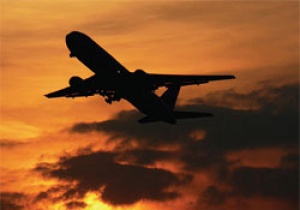Industry condemns UK chancellor following Air Passenger Duty increase

Industry bodies have reacted furiously by a decision by UK chancellor of the exchequer George Osborne to increase Air Passenger Duty (APD).
While widely expected, the government has been heavily criticised following an announcement during the Autumn Statement earlier today.
Dale Keller, chief executive, Board of Airline Representatives in the UK (BAR UK), said: “The pre-Budget levels of APD could not be justified and the latest increase takes us dangerously beyond the tipping point where the impact can only be negative to the economy.
“The announcement comes as unsurprising from a government that is not listening to the wider industry, or international opinion, and is self destructive to its own objectives of attracting foreign investment and tourism.”
Osborne confirmed earlier the tax on all long-haul flights and in premium cabins it will rise by £2 per passenger from April 2013.
The levy on short-haul economy flights will remain at £13.
The government has also introduced a new tax rate for private jets, which were previously exempt from APD.
Passengers on flights with fewer than 19 seats will have to pay £52 to £376, depending on the length of flight, again from April 2013.
Luke Pollard, head of public affairs at ABTA, accused the chancellor of ignoring the will of the industry.
He said: “The chancellor is right to prioritise growth in his Autumn Statement, but that intent looks hollow whilst he yet again hikes UK air taxes.
“To further increase the highest aviation tax in the world while at the same time refusing to invest in proper modelling of the economic impacts of this tax is very concerning.
“This year, nearly 300,000 people have backed the industry’s call for a review that would show what effects this tax is having on the UK economy’s ability to grow.
“Without such an analysis, the government will only continue to put off foreign tourists, make holidays abroad more expensive and further make UK goods and services less competitive.”

